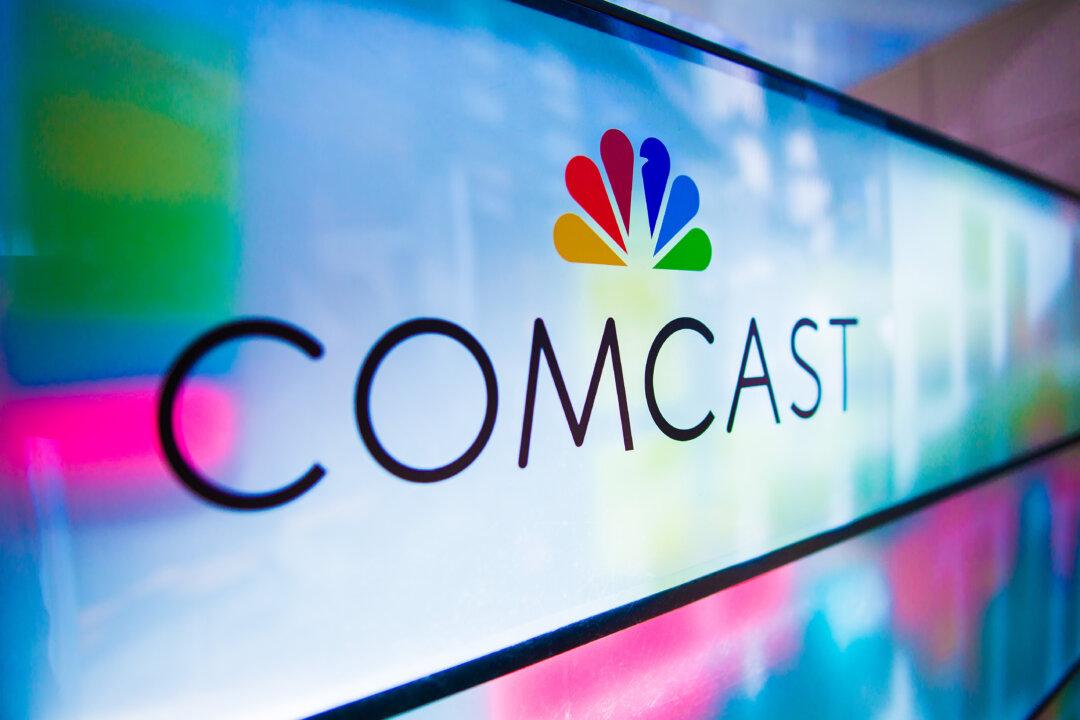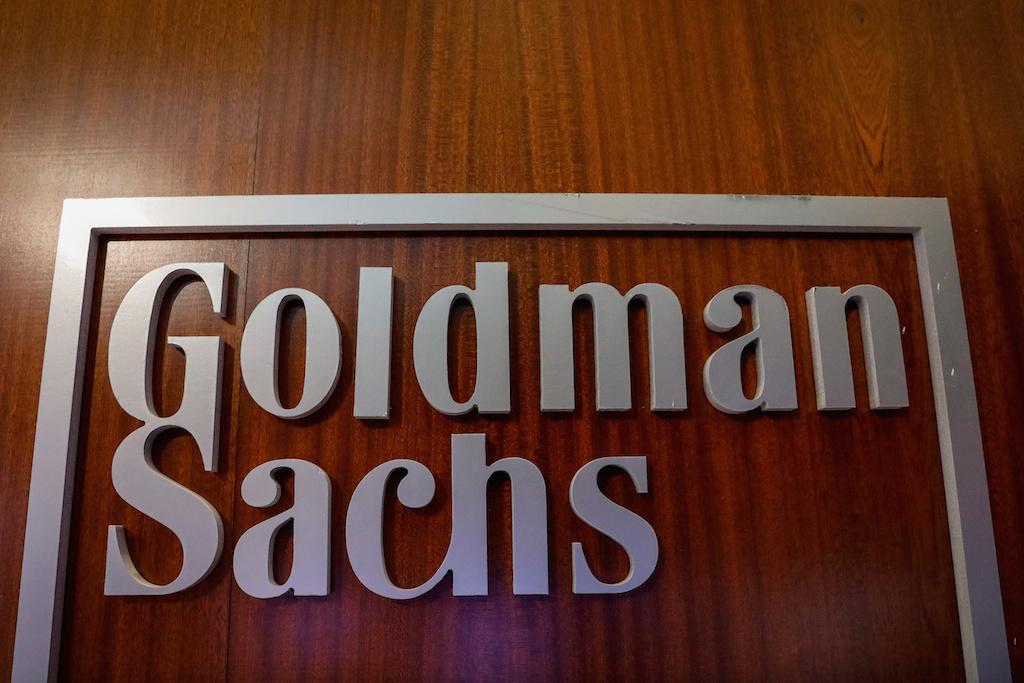With Comcast Corp.’s fight against media mogul Byron Allen’s racial-discrimination lawsuit about to reach the Supreme Court this week, a congressman has weighed in with a call to dismantle the cable and entertainment giant. Allen, the former comedian who controls Entertainment Studios Inc., alleges that Comcast’s unwillingness to carry most of his cable channels is discriminatory. The U.S. Court of Appeals for the Ninth Circuit ruled in June that the suit could go forward, and the Supreme Court agreed to hear Comcast’s appeal of that ruling.
At issue is Comcast’s agreement to carry independent TV networks as a condition of its 2011 acquisition of NBCUniversal. Allen maintains that Comcast’s refusal to carry Entertainment Studios networks such as ES Lifestyle Network, Comedy.TV and Cars.TV violates the memoranda of understanding reached under the deal.




